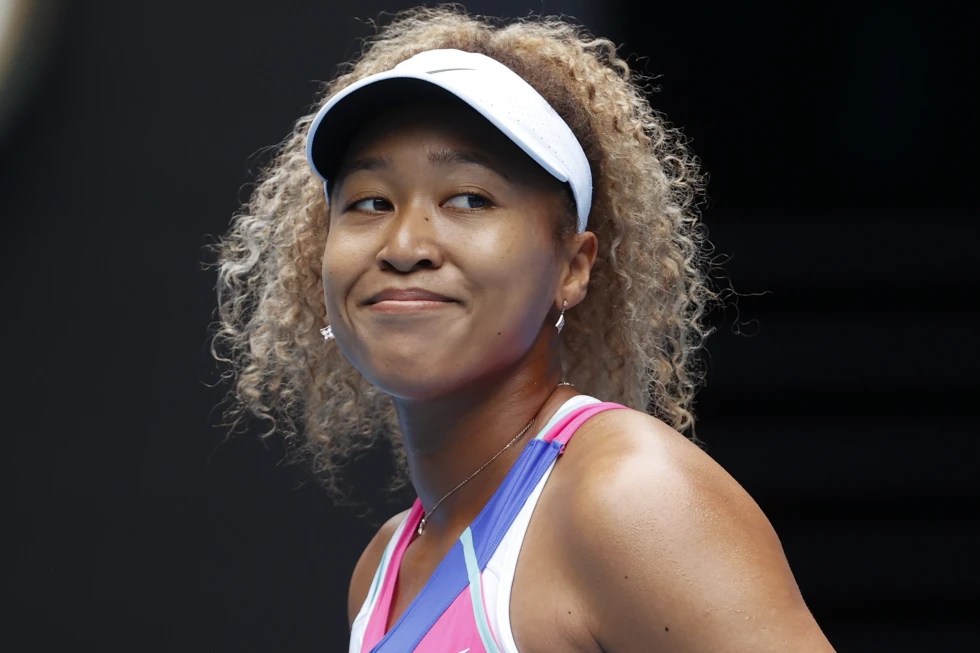Editor’s note: The following article is an op-ed, and the views expressed are the author’s own. Read more opinions on theGrio.
Before Simone Biles dropped out of the Olympics and became a hero for prioritizing mental health, Naomi Osaka became a hero for the same thing. In 2021, Osaka went to the French Open and declared, via Instagram, that she would not be doing post-match press conferences even though they are mandatory for players, and they get fined for missing them. She said it was too stressful for her because of social anxiety — she wrote on Instagram that she felt “huge waves of anxiety” before doing press conferences, and she had to stop doing them to protect her mental health.
She wrote on her Instagram, “We’re often sat there and asked questions that we’ve been asked multiple times before or asked questions that bring doubt into our minds and I’m just not going to subject myself to people that doubt me.”
It was a stunning moment — the highest-paid female athlete ever and one of the most famous players in pro tennis was refusing to do media because of her mental health. It sparked a lot of conversations and brought a lot of awareness to the importance of mental health. But there’s a larger story around what happened that makes that moment even more powerful. A new biography called “Naomi Osaka: Her Journey to Finding Her Power and Her Voice” by veteran tennis journalist Ben Rothenberg provides a lot of interesting context for what Osaka did and why.
When Osaka announced that she was no longer doing press conferences, it came as a shock to the media folks she’d been talking to in those press conferences because, for a long time, Osaka had been considered one of the best at doing press conferences. Rothenberg takes us back to her first press conference, conducted when she was 16, and we can see why.
Osaka had already been playing professional tournaments for two years but after beating a…
Read the full article here



